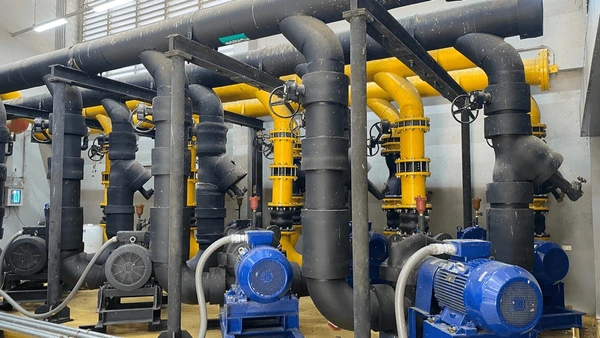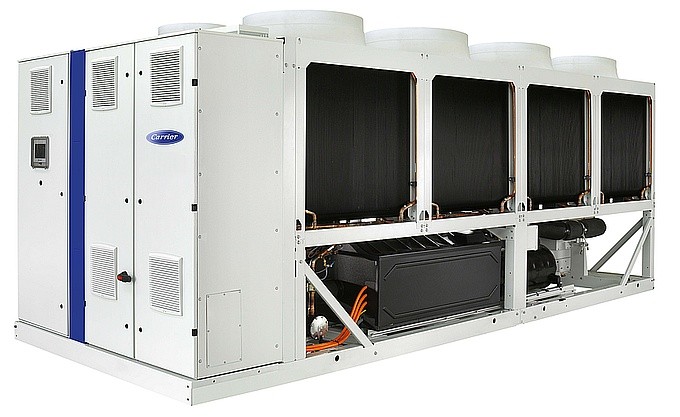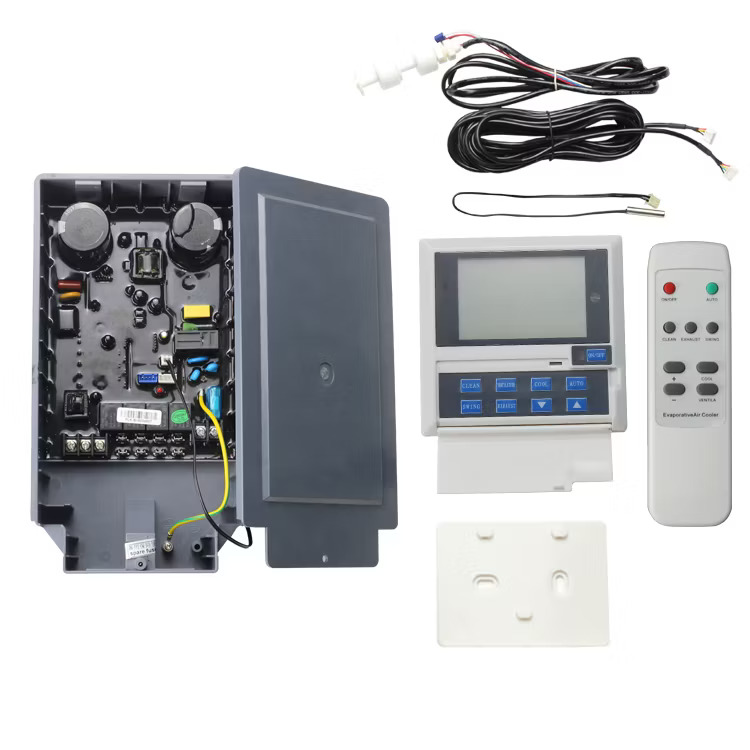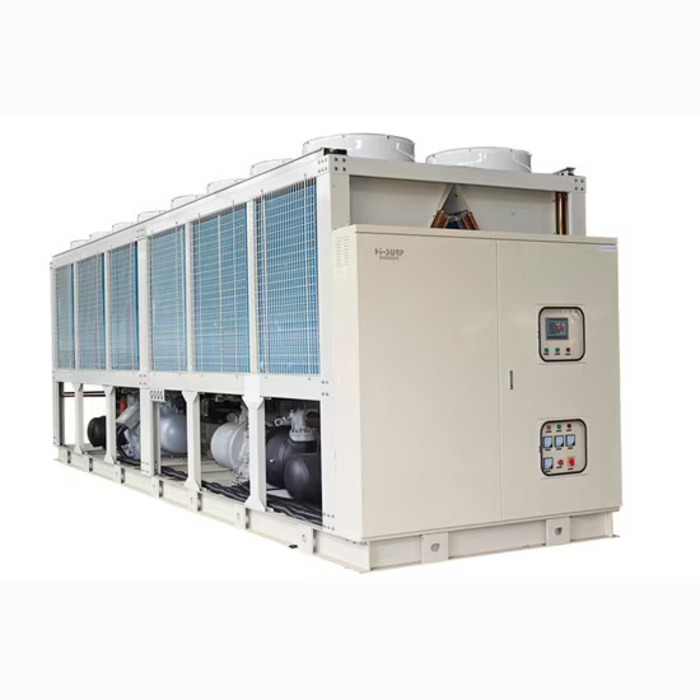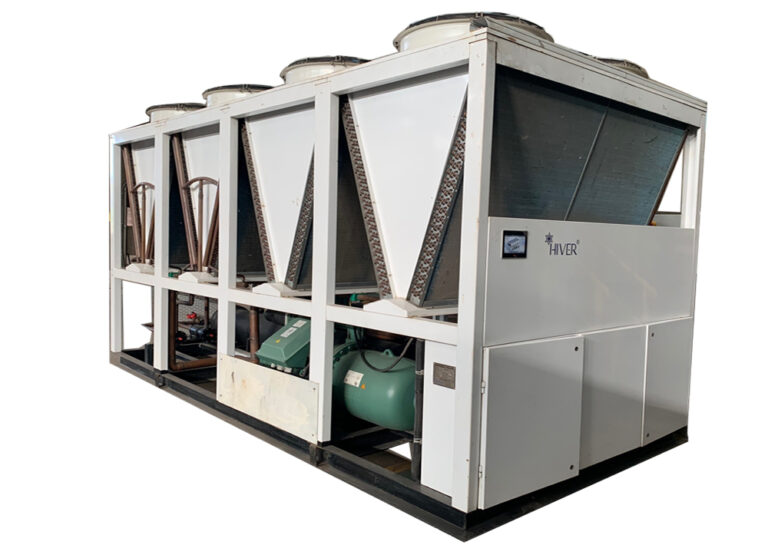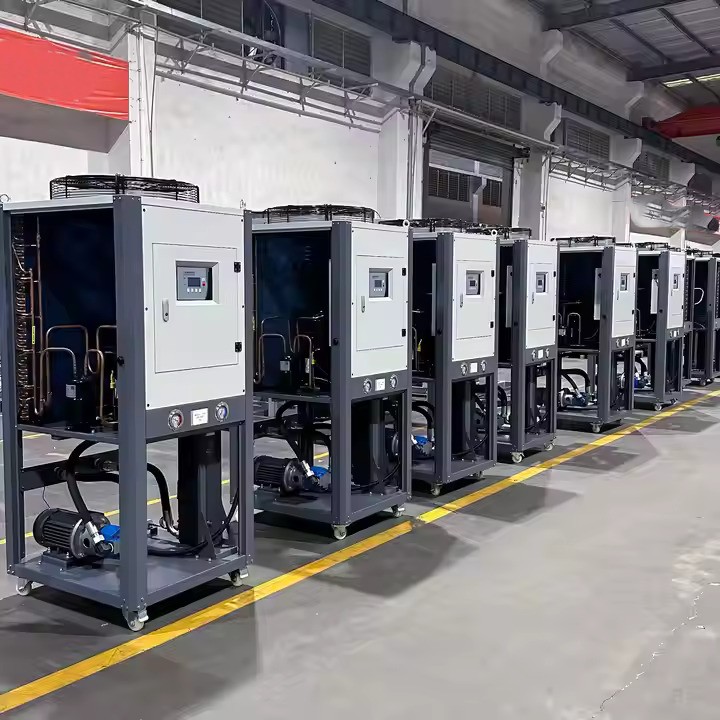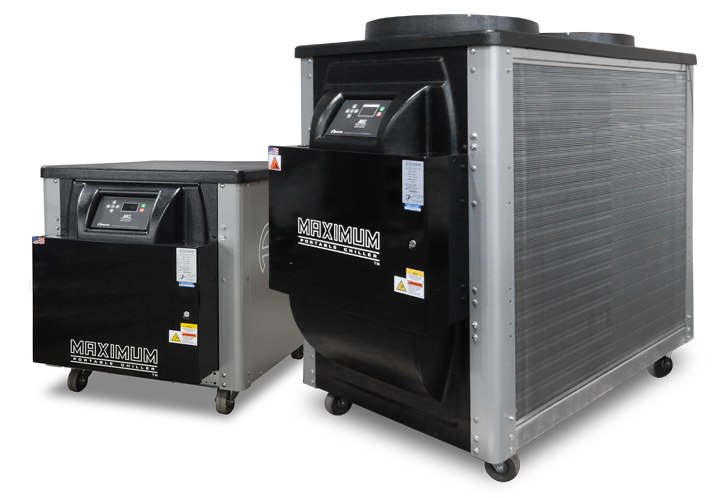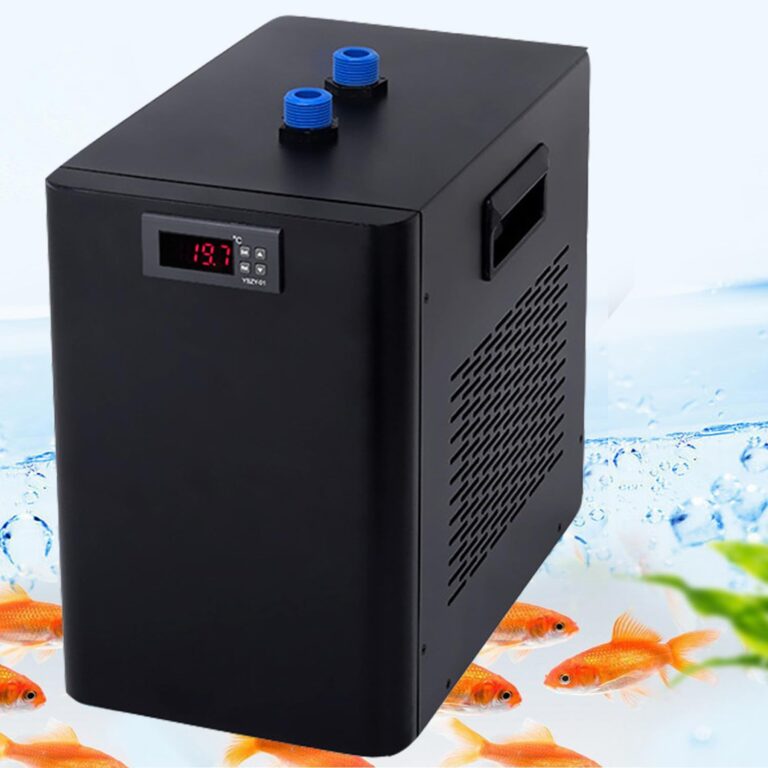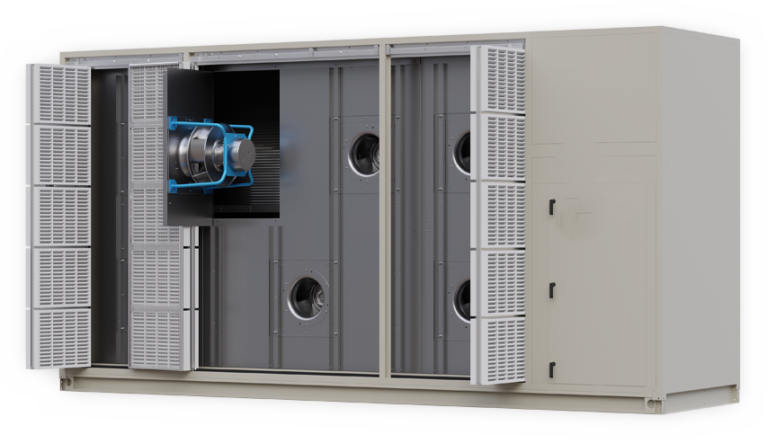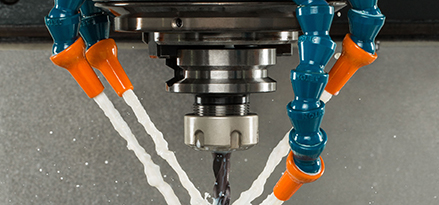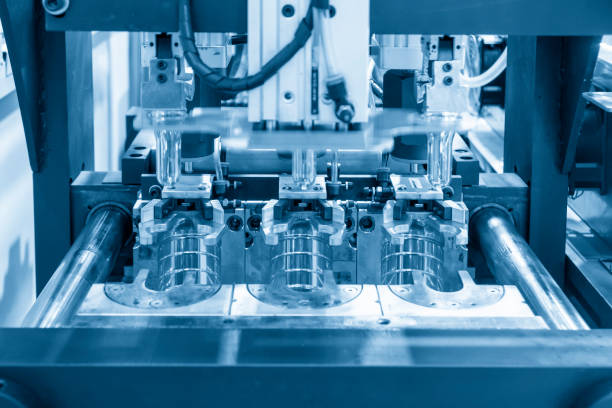Water cooled electrical components are advanced thermal management systems that utilize water or water-based coolants to absorb, transport, and dissipate the heat generated during electrical operations. As power densities increase and compactness becomes…
Water Piping and Valves in Water Cooled Chiller
Water Piping and Valves in Water-Cooled Chillers are not merely connectors—they are the lifelines of the entire chilled water system. While the chiller is the heart that generates cooling energy, it is the…
Water-Cooled Control System
Water-Cooled Control System refers to the integrated control network that manages the operation of water-cooled chillers and their associated equipment such as pumps, valves, cooling towers, and sensors. In any large-scale air conditioning…
Water Pumps and Flow Control in Water Cooled Chiller
Water Pumps and Flow Control in Water-Cooled Chillers are the backbone of efficient thermal management in commercial, industrial, and process cooling systems. While compressors and refrigerants often take the spotlight, the role of…
Cooling Tower in Water-Cooled Chiller System
Cooling tower in a water-cooled chiller system is a critical heat rejection unit that ensures the chiller plant operates at optimum efficiency. While water-cooled chillers remove heat from the chilled water loop, that…
Water Cooled Chiller Expansion Valves
Water-cooled chiller expansion valves are vital components in the refrigeration cycle, playing a key role in achieving optimal cooling efficiency, equipment protection, and energy savings. These valves control the amount of liquid refrigerant…
Chilled Water Circuit in Water Cooled Chiller
chilled water circuit is a sophisticated, closed-loop hydronic system engineered to transport chilled water from the chiller’s evaporator to various thermal loads across a building or industrial application. Once the water absorbs heat…
Water Cooled Chiller Condenser Design
Water-cooled chiller condenser design is a critical aspect in achieving high-efficiency cooling for commercial and industrial environments. Unlike air-cooled condensers, water-cooled designs leverage the superior thermal properties of water to absorb and reject…
Compressor Used in Water Cooled Chiller
Compressor used in water-cooled chiller is the central powerhouse that makes the entire cooling cycle function. It is not merely a mechanical device but a core driver of thermal energy transformation, responsible for…
Components of Water Cooled Chiller
Components of water-cooled chiller are essential to the industrial and commercial cooling process. These machines play a vital role in air conditioning, process cooling, and HVAC systems across factories, hotels, data centers, and…
Refrigerant Used in Water-Cooled Chiller
Refrigerant used in water-cooled chiller systems is the vital working medium that enables the entire cooling process. It is the substance responsible for absorbing heat from the chilled water loop and transferring that…
Cooling Mechanism of Water Cooled Chiller
Cooling mechanism of water-cooled chiller systems plays a vital role in industrial and commercial refrigeration by efficiently extracting unwanted heat from processes or environments and rejecting it using water-based heat transfer. Unlike air-cooled…
Energy Efficient Water Cooled Chiller
Energy Efficient Water-Cooled Chiller is a highly optimized refrigeration system designed to remove heat from a process or building by using water as the cooling medium for the condenser side. Unlike traditional systems…
Variable Speed Air Cooled Chiller
As the global focus shifts toward energy efficiency and smart infrastructure, cooling systems must evolve beyond conventional designs. The Variable Speed Air Cooled Chiller is one of the most advanced solutions that addresses…
Air Cooled Control System
In modern cooling systems, especially in air cooled chillers, efficiency isn’t achieved by hardware alone—it’s the intelligent control system that orchestrates the entire process. Often overlooked, the Air Cooled Control System plays the…
Refrigerant Used in Air Cooled Chiller
In any air-cooled chiller, the refrigerant is the core element responsible for absorbing heat from the chilled water or process fluid and then releasing that heat into the ambient air. Essentially, it is…
Cooling Mechanism of Air Cooled Chiller
Modern air-cooled chillers are not only mechanical workhorses—they are also high-tech systems embedded with smart sensors, eco-friendly refrigerants, and energy-optimizing components. Exploring the cooling mechanism helps us appreciate the innovation behind the scenes…
Energy Efficient Air Cooled Chiller
Traditionally viewed as a simpler, more compact alternative to water-cooled systems, air-cooled chillers have evolved dramatically over the last decade. Today’s energy-efficient air-cooled chillers are no longer just basic machines mounted on rooftops.…
Characteristics of Air-Cooled Chillers
Air-cooled chillers are an integral component of many modern cooling systems, offering a reliable and efficient solution for a wide range of industrial, commercial, and institutional applications. Unlike water-cooled chillers, which rely on…
Hydraulic oil chiller for CNC
Introduction Hydraulic systems play a vital role in the operation of CNC (Computer Numerical Control) machines, providing the necessary power for precise movements and operations. However, maintaining the optimal temperature of the hydraulic…
Portable Water Chiller
What Are Portable Water Chillers? Portable water chillers are self-contained, mobile cooling units that use refrigeration technology to remove heat from water or water-based fluids. The cooled water is then circulated through industrial…
Fish Tank Water Chiller
Introduction Fish Tank Water Chiller is a specialized piece of equipment designed to regulate, stabilize, and maintain the ideal water temperature inside an aquarium. Temperature plays a vital role in the health and…
Chillers in Data Centers: Ensuring Optimal Cooling for IT Equipment
Introduction Data centers are the backbone of modern digital infrastructure, hosting servers, networking equipment, and storage devices that manage vast amounts of data. However, these electronic components generate a significant amount of heat,…
Metal working Operations rely on chillers to prevent overheating.
Introduction Metalworking is a high-precision industry where efficiency, durability, and product quality are paramount. However, one of the biggest challenges in metal fabrication processes is the excessive heat generated during machining, welding, and…
Importance of Chillers in the Plastics Industry
Introduction The plastics industry relies on precision and efficiency in manufacturing processes such as injection molding, blow molding, extrusion, thermoforming, and rotational molding. These processes involve heating plastic materials to high temperatures to…
Industrial High-Torque Chillers
Introduction Industrial high-torque chillers are advanced cooling systems designed to handle high-capacity and precision cooling for various industrial applications. These chillers are specifically engineered to manage the intense heat loads generated by heavy-duty…


